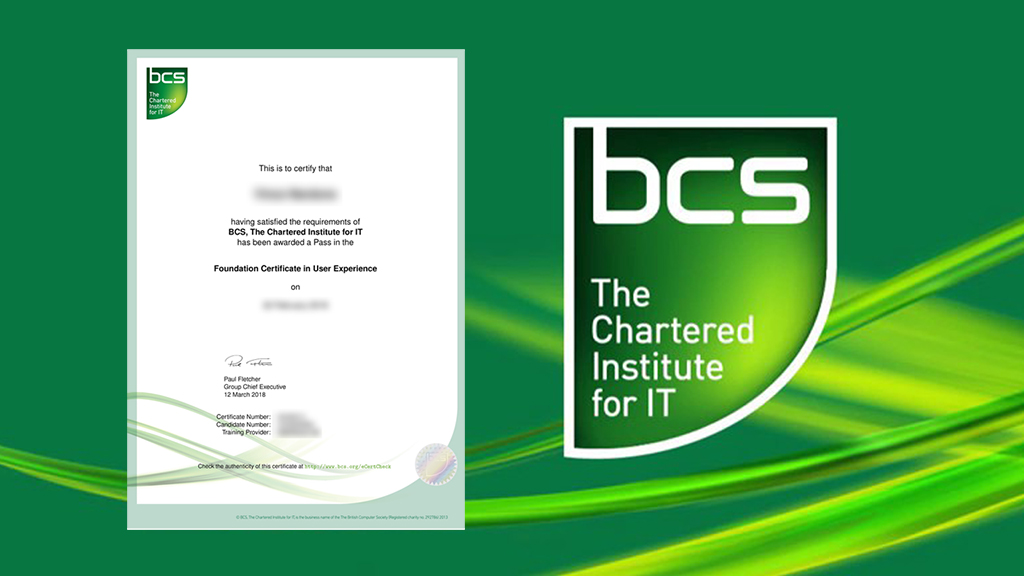0 3 Main Ways Users Search For Information
- Articles
- by Vince
- 29-05-2020

Search Queries
Search queries are the words and phrases that people type into a search box in order to pull up a list of results – come in different flavours.
It is commonly accepted that there are three types of search queries...
- Transactional search queries
- Informational search queries
- Navigational search queries
1. Transactional Search Queries
A transactional search query indicates an intent to complete a transaction, like making a purchase.
Transactional search queries may include exact brand and product names (e.g. “samsung galaxy s3”) or be generic (“iced coffee maker”) or actually include terms “buy,” “purchase,” or “order.”
In all of these examples, you can infer that the searcher is considering making a purchase in the near future.
Vertical searches are a subset of transactional search queries, and represent people looking to make a transaction in a specific industry. These include local searches, restaurant searches, hotel searches, flight searches, etc.
2. Informational Search Queries
When someone enters an informational search query into Google or another search engine, they’re looking for information – hence the name. They are probably not looking for a specific site, as in a navigational query, and they are not looking to make a commercial transaction.
They just want to answer a question or learn how to do something.
Wikipedia defines informational search queries as “Queries that cover a broad topic (e.g., london or lorries) for which there may be thousands of relevant results.”
3. Navigational Search Queries
A navigational query is a search query entered with the intent of finding a particular website or web page. For example, a user might enter "youtube" into Google's search bar to find the YouTube site rather than entering the URL into a browser's navigation bar or using a bookmark.
“facebook” and “youtube” are the top two searches on Google, and these are both navigational queries.
Keywords Vs Search Queries
"keyword" and "search query" are often used interchangeably, but there is actually a difference.
A keyword is sort of like the ideal of a search query – it's an abstraction that we extrapolate from multiple search queries.
A search query or search term is the actual word or string of words that a search engine user types into the search box.
You can think of a search query as the real-world application of a keyword – it may be misspelled, out of order or have other words tacked on to it, or conversely it might be identical to the keyword.
Search Engine Optimisation
A search engine marketer uses SEO to target keyword abstractions by optimizing on-page content (using the keywords in URLs, title tags, body copy, image file names, meta descriptions and so on), by building inbound links with keywords in the anchor text, etc.
Search queries, on the other hand, are the real-world terms that people use to find those pages through paid and organic search.
Search queries are a larger set than keywords, and by looking at search queries you can find new keywords to target in search marketing campaigns.
Keyword Research
Just like with any search optimisation exercise the first step is keyword research.
Before you can actually get down to optimising you need to identify the commonly spelled and misspelled terms related to your site.
There are a number of ways to do it.
- Check your website logs
- Look through the common spellings and misspellings lists
- Try misspelling words yourself
- Use a typo generator
Keyword Analysis
Once you have your keyword list you need to analyse each search term to see if it's worth optimising for. The most important factors you should consider are…
- Search volume
- Search suggestion
- Search competition
Keyword Patterns vs User Intent
User intent is what the user wanted when they typed their search terms into a search engine.
So, instead of using keyword patterns to find keywords with a specific intent, why not just simply pick keywords by the user intent?
To get the best results for your campaign, matching intent of users is better than just simply matching keyword patterns.
Picking keywords by their patterns is a way to find keywords that have a specific search intent.
Matching the correct user intent to what the site is offering will increase conversions.
